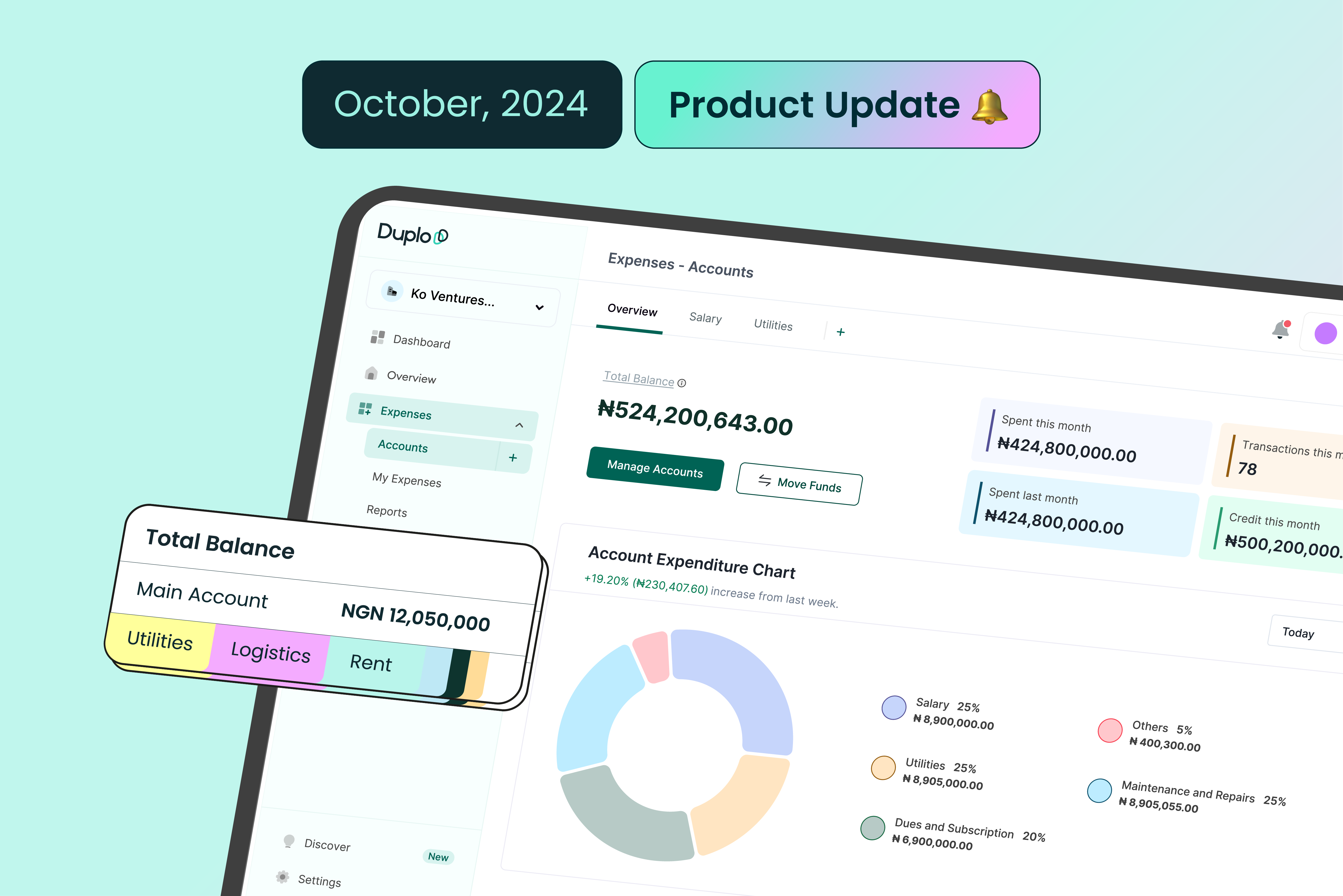Welcome to the November edition of the Duplo Economic Digest!
We bring you the most critical events and trends impacting African markets and how to navigate them in the months ahead. Let’s dive in!
Nigerian Macroeconomic Recap
Tinubu’s Borrowing Bonanza: Financing the Future or Digging a Debt Hole?
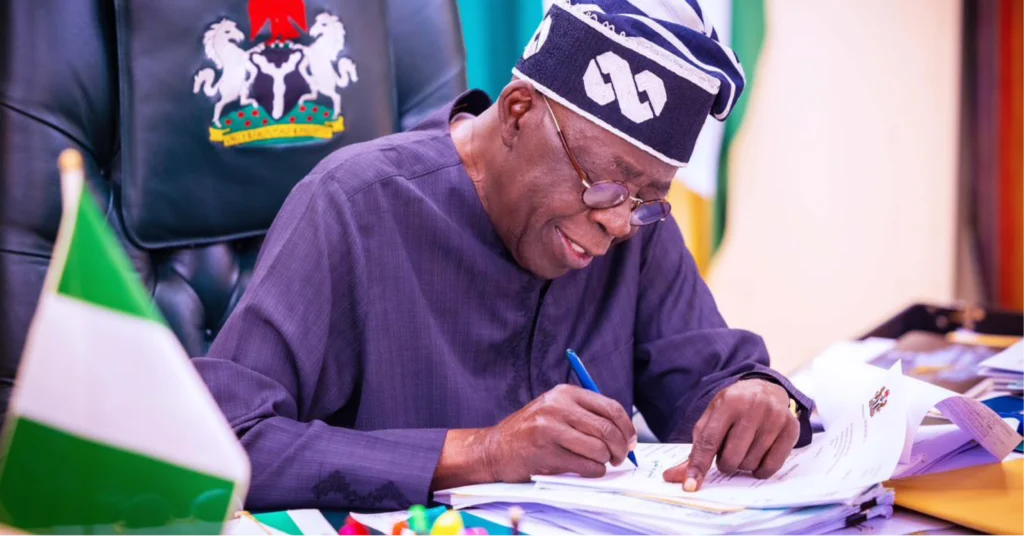
More Borrowing for the Tinubu government. The Nigerian government has secured approval for a $2.2 billion loan, a key part of President Bola Tinubu’s strategy to address the ₦9.17 trillion budget deficit for 2024 and support critical infrastructure, healthcare, and education development projects. The loan will be financed through $1.7 billion in eurobonds and $500 million in Islamic Sukuk bonds. While the government argues the funds are essential for maintaining economic momentum, concerns are growing over Nigeria’s escalating debt, now at ₦138 trillion. Debt servicing, accounting for 63.56% of foreign payments in 2024, has risen significantly, raising fears of constrained resources for future development. Experts stress the need for transparent fund utilisation, improved tax collection, and diversified revenue streams to ensure fiscal sustainability.
Tinubu bullish on Nigeria’s growth. President Bola Tinubu welcomed Nigeria’s Q3 2024 GDP growth of 3.46%, up from 3.19% in Q2, describing it as a sign of economic recovery and progress toward his administration’s vision of a $1 trillion economy by 2030. The growth, driven by the services sector and key industries like agriculture, ICT, and trade, reflects reforms’ impact on enhancing fiscal management and reducing tax burdens on small businesses. Tinubu highlighted plans to rebase the economy in 2025 to capture its evolving dynamics better and foster “shared prosperity.” While acknowledging the positive trajectory, Tinubu emphasised that more work is needed to translate growth into tangible improvements in Nigerians’ living standards, reiterating his administration’s commitment to economic welfare. The ICT sector contributed 16.35% to GDP, a decline from 19.78% in the previous quarter but an improvement from 15.97% in the same period of 2023. Telecommunications, the largest sub-sector, accounted for 13.94% of GDP in real terms, driven by rising mobile and broadband penetration. However, the sector’s reduced relative contribution highlights faster growth in agriculture and trade, even as ICT remains a cornerstone of the economy. Overall, the GDP growth reflects ongoing recovery from past economic challenges, supported by efforts to diversify the economy away from oil dependency. The relative decline in ICT’s contribution emphasises the importance of innovation and investment in preserving its pivotal role in Nigeria’s economic landscape.

Modi comes to tie up loose ends. President Bola Tinubu and Indian Prime Minister Narendra Modi have directed their officials to finalise key bilateral agreements, including the Economic Cooperation Agreement, Double Taxation Avoidance Agreement, and Bilateral Investment Treaty, to enhance trade and investment between Nigeria and India. This announcement followed Modi’s state visit to Nigeria, where both leaders discussed strengthening ties in economic development, defence, healthcare, and food security. The agreements also aim to build on the $14 billion in investments pledged by Indian companies during Tinubu’s visit to India in September 2023, targeting industrialisation, energy, telecommunications, and defence. Both leaders committed to deeper collaboration in counterterrorism, maritime security, and intelligence sharing, with plans for joint naval exercises and anti-piracy operations in the Gulf of Guinea. India supported Nigeria’s defence modernisation and infrastructure development through concessional credit lines and technical expertise. Both countries also agreed on long-term energy contracts and partnerships in agriculture, health, education, and cultural exchanges, emphasising food security as a shared priority for their growing populations.
Finance Flashback
A month for aggressive spreads
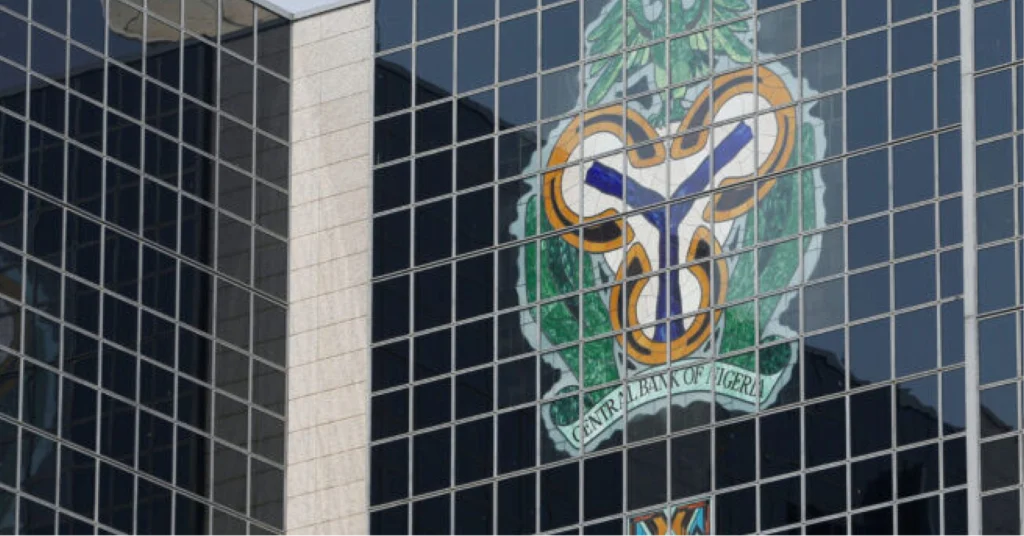
Access Granted: Access in Hong Kong. In November 2024, Access Bank UK Limited became the first West African bank to establish a branch in Hong Kong, marking a milestone in its international expansion. The branch, inaugurated on October 30, 2024, at the Mandarin Oriental Hotel, hosted around 300 guests, including dignitaries and business leaders. Focused on trade finance and commercial banking, the Hong Kong branch aims to strengthen Asia-Africa trade relations, which reached USD 282.1 billion in 2023. Led by Managing Director Ernest Law, this move aligns with Access Bank’s strategy to expand globally, complementing branches in Paris and Dubai and planned growth into the U.S. market. Ambassador Oludare Folowosele, Nigeria’s Consul General in Hong Kong, highlighted the branch’s role in enhancing trade ties between Asia and Africa, emphasising its historic significance for West African banking.
The CBN gets more aggressive. During the recently held Monetary Policy Committee (MPC) meeting on November 25-26, 2024, the Monetary Policy Rate (MPR) was raised by 50 basis points to 27.75%. This marks the sixth consecutive interest rate hike this year, underscoring the CBN’s determination to address inflation, which stood at 33.88% in October. The MPR increased from 27.25% to 27.75%, continuing the CBN’s aggressive monetary tightening to curb inflation and stabilise the naira. While headline inflation showed signs of slowing, core inflation remains high, driven by rising energy costs and food price pressures.
The MPC noted that recent flooding and supply chain disruptions exacerbated these issues. Although food inflation moderated slightly, risks from energy prices and structural factors persist. The CRR was maintained at 50% for commercial banks and 16% for merchant banks, signalling the CBN’s cautious approach to liquidity management in the banking sector. The decision comes amidst global economic uncertainties and local fiscal pressures, including higher living costs due to fuel price increases. The CBN aims to attract foreign investment by offering competitive returns on Nigeria’s fixed-income instruments. While the CBN’s decision to raise the MPR aims to address immediate inflation concerns, its implications for businesses and the broader economy are complex. Increased borrowing costs may hinder investment and consumer spending, while expert opinions highlight the need for a balanced approach that addresses both inflation control and economic growth sustainability.
NGX Performance
Resilience in the rough
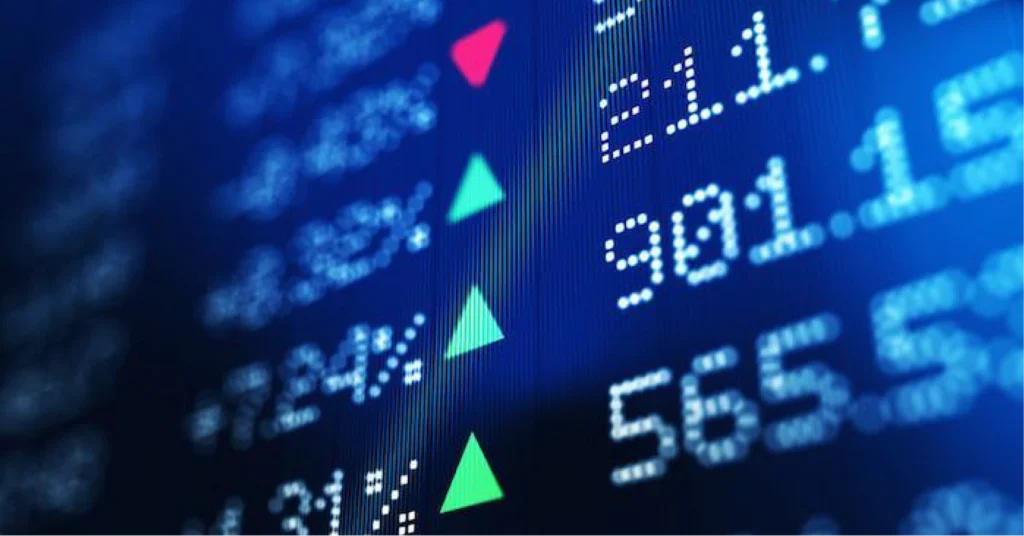
In November 2024, the Nigerian stock market reflected a balance of resilience and challenges shaped by macroeconomic conditions, investor sentiment, and sector-specific trends. From November 18 to November 24, the Nigeria Exchange (NGX) All-Share Index (ASI) rose by 0.78%, contributing to a strong year-to-date return of 31.05% in naira terms. However, in dollar terms, the NGX recorded a sharp -51.80% loss year-to-date, underscoring the impact of naira depreciation on foreign investment returns. Sector performances during this period varied significantly. The consumer goods sector grew by 2.1%, demonstrating consumer resilience amidst economic difficulties. After recovering from a decline, industrial goods recorded a 3.9% gain. In contrast, the banking sector declined by 1.44%, reflecting concerns over regulatory changes and economic stability. The oil and gas sector saw a marginal dip of 0.14% due to global oil price volatility and domestic production challenges.
Nigeria’s broader economic context remains challenging, with inflation reaching 32.15% in August 2024 and the naira closing at approximately ₦1,637.69/$, signalling significant currency depreciation. In response, the Central Bank of Nigeria raised the Monetary Policy Rate to 27.25% to combat inflation, increasing borrowing costs for businesses and consumers. Despite these pressures, the stock market has shown resilience, driven by investor confidence in blue-chip companies and government reforms to stabilise the economy. The NGX’s market capitalisation surged to ₦56 trillion, indicating strong participation from domestic investors. The current environment presents opportunities and challenges for investors. Long-term strategies may benefit from diversifying portfolios to include stable international markets, such as the U.S., where the S&P 500 has delivered a 24.72% year-to-date return in dollar terms. This approach could help mitigate the risks associated with Nigeria’s economic fluctuations. While the NGX has delivered impressive growth in naira terms, the steep depreciation of the local currency highlights the need for strategic diversification to navigate ongoing uncertainties effectively.
FX Performance
Riding the waves of volatility
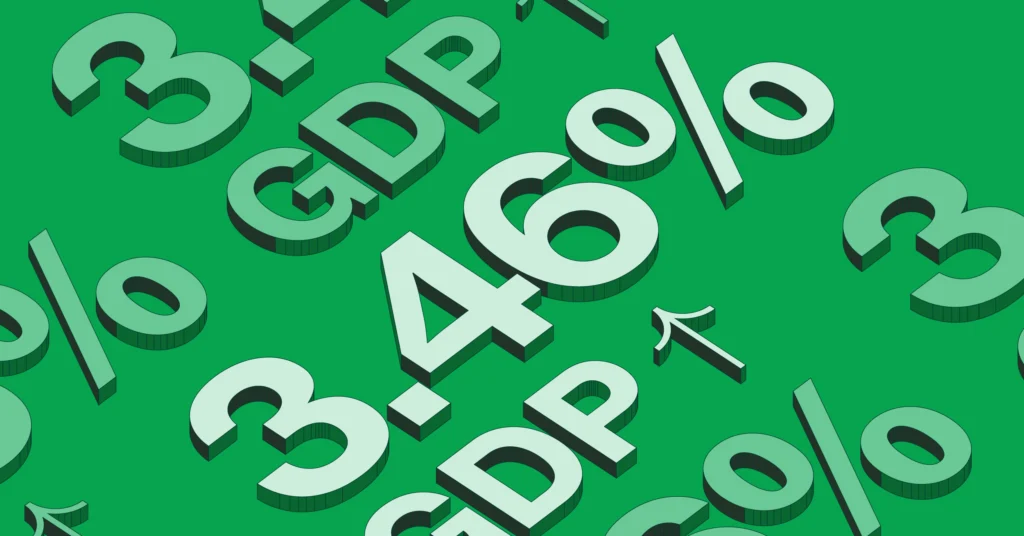
In November 2024, Nigeria’s foreign exchange (FX) market continued to face significant volatility, marked by brief recoveries and sharp declines in the value of the naira against the US dollar. At the start of the month, the naira appreciated slightly, closing at N1,666.72 per dollar on November 1, but quickly fell to a record low of N1,681 by November 6. Throughout the month, the naira’s depreciation persisted, with average daily FX market turnover reaching a year-high of $294 million. Despite an increase in external reserves to $40.8 billion as of November 21, demand for dollars continued to outstrip supply.
Several factors contributed to the naira’s fluctuating performance, including a persistent demand-supply imbalance driven by limited dollar inflows and speculative activities. The Central Bank of Nigeria (CBN) raised its monetary policy rate to 27.25% to enhance FX liquidity and stabilise the naira. External influences, such as the outcome of the U.S. presidential election, also affected market expectations regarding Nigeria’s oil revenues and dollar inflows.
Company Focus – ACCESS BANK – Accessing the World
From Lagos to Hong Kong: Access Bank’s Global Banking Adventure
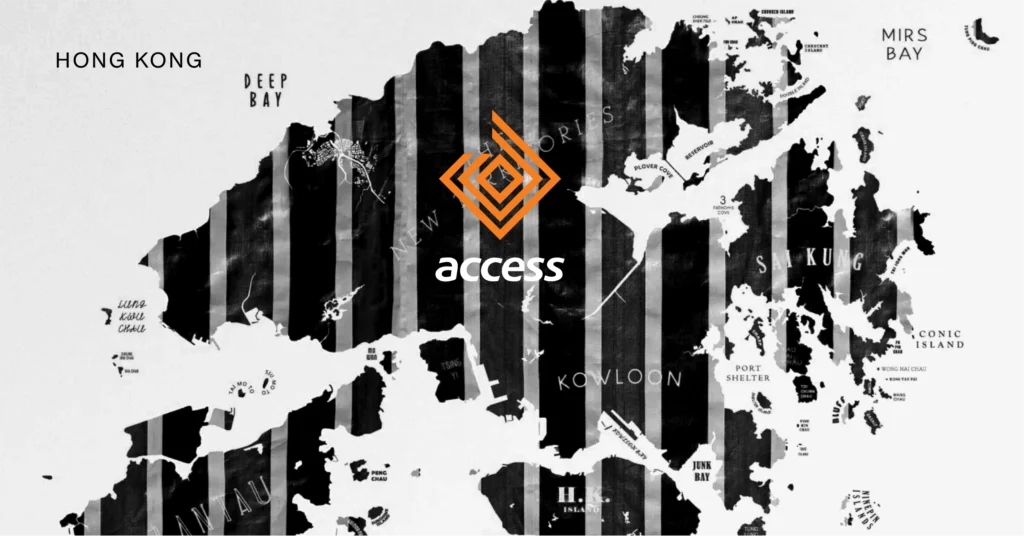
Access Holdings, through its subsidiary Access Bank, has made significant strides in expanding its international presence by opening a new branch in Hong Kong in November 2024. This branch marks the first West African bank in this key financial hub. It is part of a broader strategy to enhance trade links between Africa and Asia, capitalising on the growing economic ties fostered by initiatives such as China’s Belt and Road Initiative. The Hong Kong branch, inaugurated on November 1, will initially focus on trade finance and aims to achieve break-even by 2027.
Access Bank has also been strengthening its presence in Africa, having recently completed acquisitions of Standard Chartered’s subsidiaries in Angola and Sierra Leone, with ongoing negotiations for further acquisitions in Cameroon, The Gambia, and Tanzania. CEO Jamie Simmonds highlighted the strategic importance of Hong Kong for connecting trade between the two regions. At the same time, the bank’s leadership under Roosevelt Ogbonna reflects a commitment to becoming a leading African bank on the global stage. Access Bank operates over 700 branches across 22 markets, serving approximately 60 million customers. The establishment of the Hong Kong branch has been met with optimism, indicating Access Bank’s ambition to tap into burgeoning trade opportunities between Africa and Asia. Stakeholders are closely watching the impact of these strategic moves on the bank’s operations and market position, as the anticipated growth in trade flows positions Access Holdings to play a significant role in facilitating economic exchanges across both continents.
Africa Focus
Yoyo Economics: Inflation Trends Across Africa
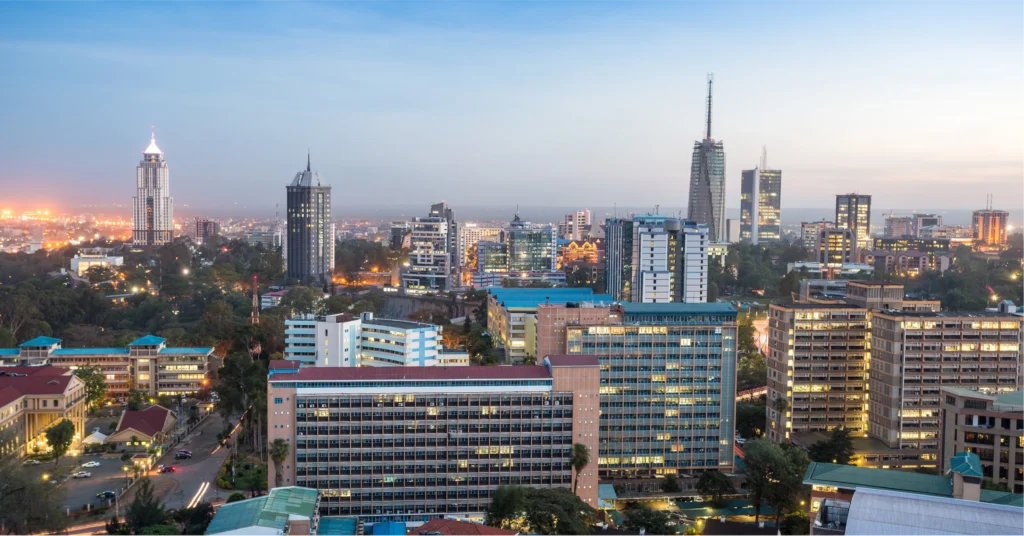
Inflationary yoyo: In October, African inflation trends revealed contrasting economic dynamics. Kenya recorded its lowest inflation rate over a decade, dropping 2.7%, driven by easing fuel, food, and utility prices. In stark contrast, Zambia’s inflation surged to 15.7%, the highest in nearly three years, as a severe drought pushed up prices for staples like meat, corn, and cereals. Meanwhile, South Africa faces uncertainty on its economic policy front, with Finance Minister Enoch Godongwana indicating that neither a new inflation target nor a binding fiscal anchor is likely by February’s budget due to the need for broader political consensus.
Is South Africa on the rise? Fitch Ratings indicated that it might upgrade South Africa’s credit outlook if the government adheres to its debt stabilisation strategy outlined in its three-year budget plan. However, the agency cautioned that the latest budget forecasts appear overly optimistic. Last week, the National Treasury projected that the state’s debt would peak at 75.5% of gross domestic product (GDP) in the fiscal year ending March 2026, slightly higher than earlier estimates in February. In contrast, Fitch anticipates that the debt-to-GDP ratio will continue to rise in the coming years, reaching 76.9% by March 2027, partly due to expected transfers to the struggling state-owned logistics company, Transnet.
South Africa desperately needs investors. The recent budget update from South Africa’s coalition government reveals a deteriorating debt trajectory alongside a slightly improved economic growth outlook. Finance Minister Enoch Godongwana announced that the fiscal deficit is projected to increase to 5% of GDP for the year ending in March 2025, up from the previously estimated 4.5% in February and exceeding most economists’ expectations. This situation underscores the urgent need for the government to attract more investment to stabilise the economy.
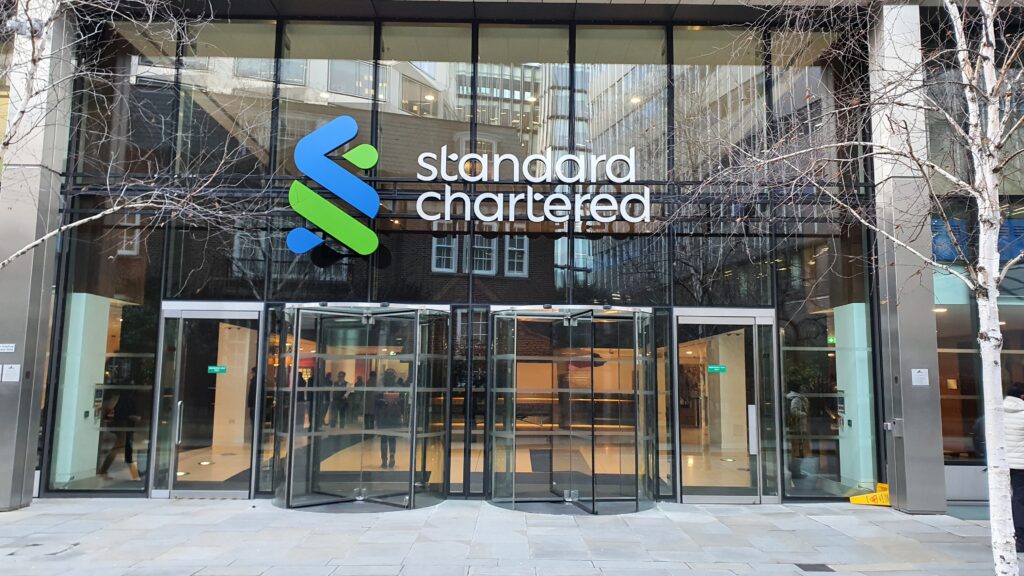
Standard Chartered and BII collaboration: Standard Chartered has partnered with the UK’s development finance institution, British International Investment (BII), to enhance trade between Africa and South and Southeast Asia. The collaboration involves a $350 million financing agreement to support small businesses facing working capital challenges, according to Admir Imami, BII’s head of trade and supply chain finance. This initiative is particularly important as trade financing shortfalls significantly impact small and medium-sized enterprises (SMEs), representing 80% of African traders, as the Zurich International Trade and Forfaiting Association noted. The renewed partnership builds on a decade-long relationship between Standard Chartered and BII, which has facilitated over $10 billion in trade volumes across more than ten countries since its inception in 2013. The focus of this agreement will initially target key sectors such as food, agriculture, healthcare, and technology, aiming to boost SMEs’ international presence and economic growth in these regions.
ZiG finally rises to the occasion. Tighter monetary policy in Zimbabwe is bolstering the ZiG, the country’s gold-backed currency, according to Persistence Gwanyanya, a member of the central bank’s monetary policy committee. “The natural expectation was for the ZiG to strengthen, and this is what we are observing,” he stated in an interview. In September, the central bank devalued the ZiG by 43% against the U.S. dollar and implemented a significant increase in interest rates. This marks Zimbabwe’s sixth attempt in 15 years to establish a stable local currency.
Upcoming events in November
- Duplo Finance Icons Awards
6th December
The Wheatbaker, Ikoyi, Lagos - Africa Investment Forum
4th – 6th December
Rabat, Morocco - Africa Financial Summit
9th – 10th December
Casablanca
Check out our latest resource:
We hope you found this month’s newsletter exciting. See you next month!



